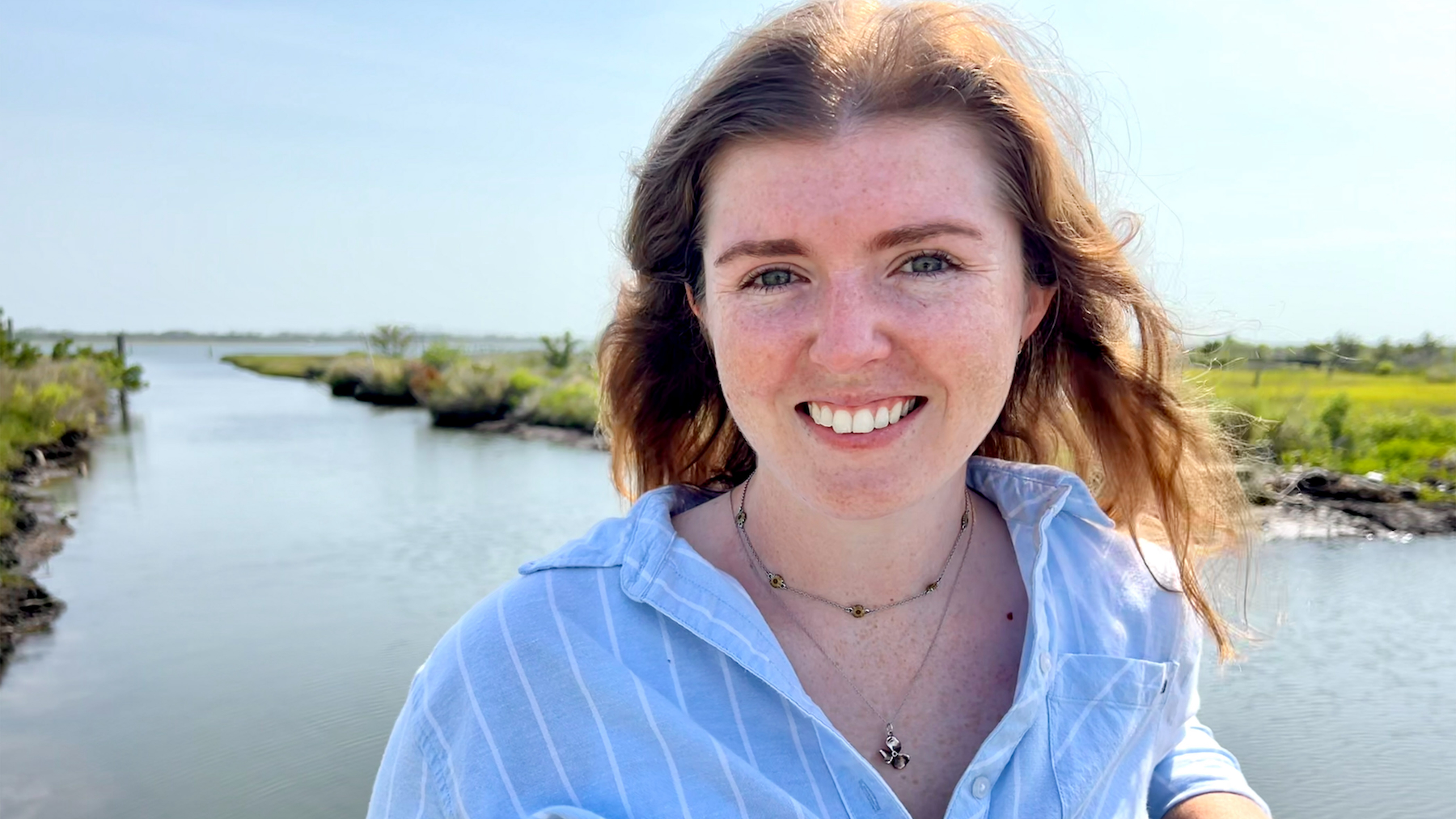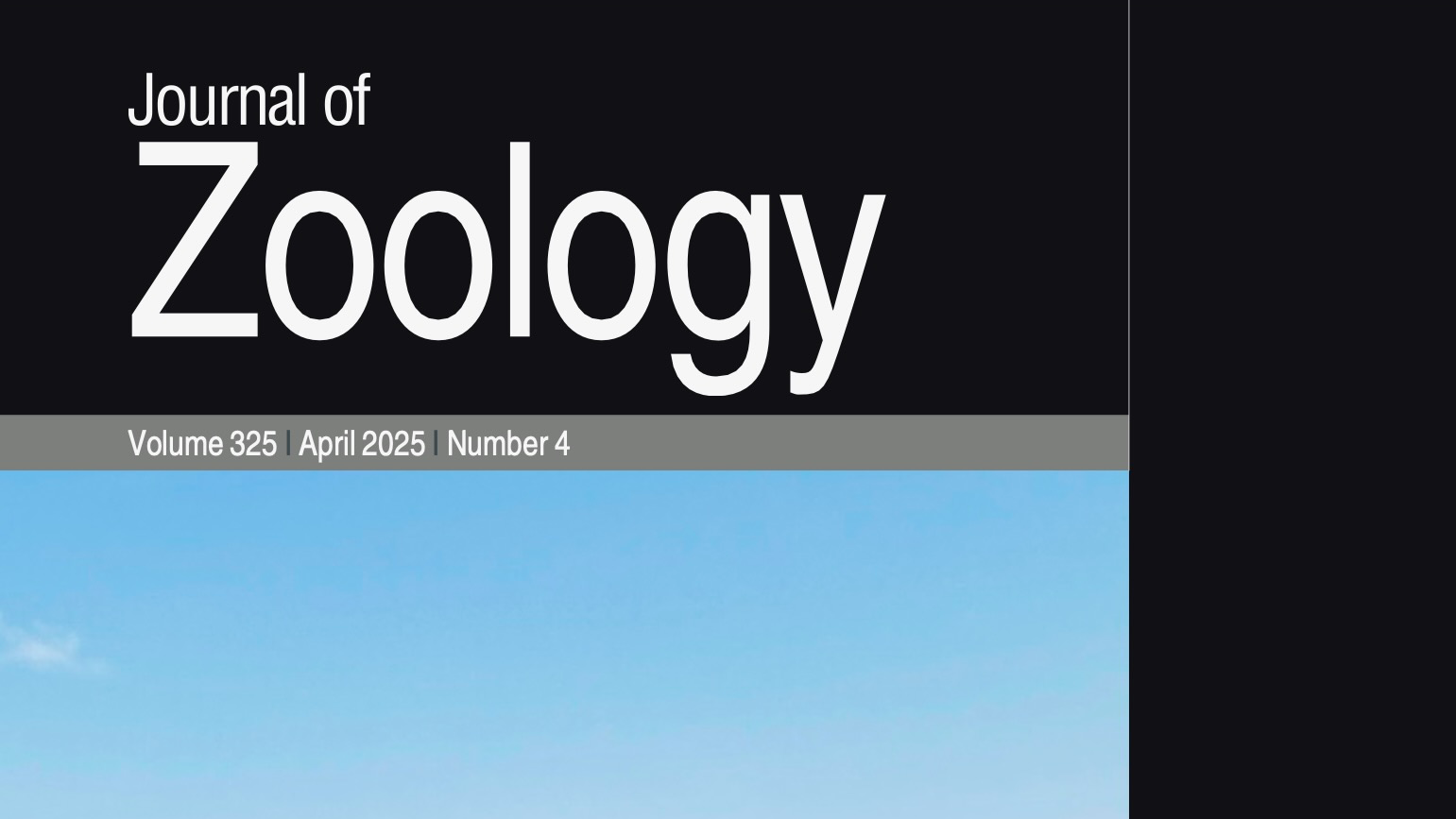CMAST Summer Fellow Researches Microplastics in Dolphins and Fish

Sarah Smith, a 2023 NC State Semester at CMAST student, has returned to CMAST as a summer fellow to continue working on a student research project from the spring. Sarah is working with deceased dolphins from strandings and various fish to determine what types of microplastics are in their stomachs and where these microplastics originate.
Explaining the project more in-depth, Sarah says, “I aim to chemically isolate and analyze microplastics found in five top predator species found off the North Carolina coast: the bottlenose dolphin, mahi mahi, yellowfin tuna, wahoo, and blue marlin.” The bottlenose dolphin stomachs were collected by the North Carolina Marine Mammal Stranding Network (North Carolina Division of Marine Fisheries, University of North Carolina at Wilmington, North Carolina Wildlife Resource Commission, North Carolina Aquariums, and Cape Lookout and Cape Hatteras National Seashores). All fish stomachs were collected during the recent Annual Big Rock Blue Marlin tournament. Sarah says, “These species are all considered to be the top species of their respective trophic chains, with the exclusion of top roving predators – sharks. “
After chemically isolating microplastic particles within each sample, Sarah says, “I analyze each sample to determine the abundance and type of microplastics present in relation to their distance offshore and their dietary chains.” She says this analysis will help answer two experimental questions. “First, how can the dietary differences of these top trophic level species affect microplastic abundance and type? Second, how does habitat, estuarine to offshore, impact the amount and types of biomagnified microplastics present; due to distance from direct human interaction and changes in regulatory statutes regarding plastic input into the environment from inshore to offshore waters?” Collaborators and mentors of this project include Dr. Vicky Thayer, North Carolina Marine Mammal Stranding Coordinator and NC State professor, Dr. Tal Ben-Horin, NC State professor, and fellow student, Zofia Cavalli.
According to Dr. Ben-Horin, “Sarah has taken on an ambitious independent research project this summer that aims to expand our understanding of microplastic exposures in bottlenose dolphins and pelagic fish. Working with the Big Rock Blue Tournament, she was able to broadly expand our sampling of how fish species are exposed to microplastic. Sarah is creative, resourceful, and knowledgeable, and we are excited to be able to lean on her expertise to expand our research in this important area.”
Dr. Thayer adds that, “Sarah plunged headfirst into her summer research with enthusiasm. She expanded her search for microplastics in bottlenose dolphin stomachs to stomachs from four fish species: blue marlin, yellowfin tuna, mahi-mahi, and wahoo. Sarah is focused and enthusiastic. We are whole-heartedly enjoying her positive energy at CMAST this summer and are excited about learning with her as she conducts this research fellowship.”
Sarah plans to continue her education once she completes her undergraduate degree in May, 2025. Her long-term goal is to earn a position where she can continue her research, as well as teach at the university level. She says she knows she’s got a long road ahead of her, but feels that it will be worth it to “be able to communicate with and teach students who wish to carry on the work in this field.”


